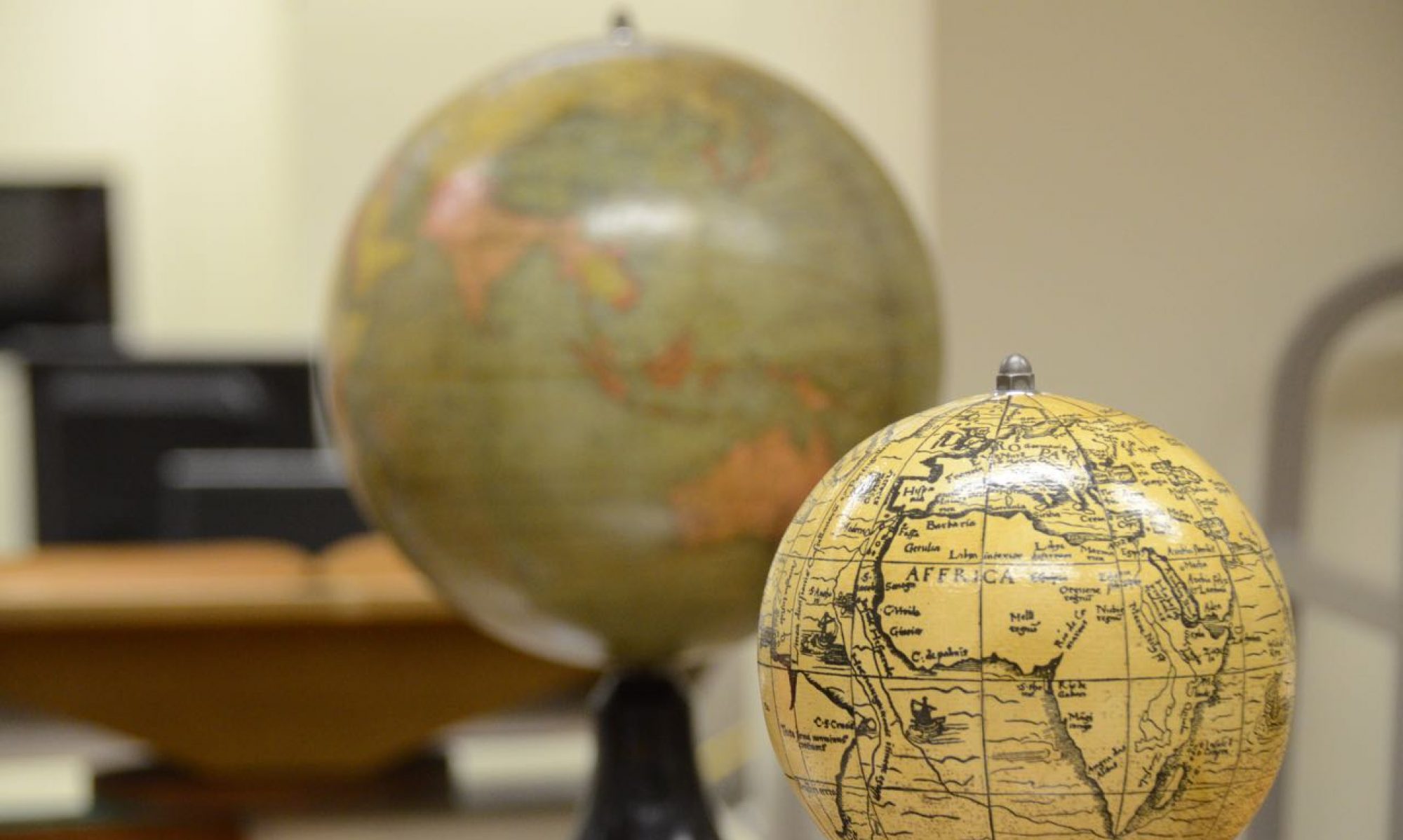Jewish Heritage Research Group in Belarus
Belarus Jewish History
In 1412 – for the first time several Jewish families were mentioned in the chronicles of the city of Brest-Litovsk (Brisk, Brest) � a city at the extreme western border of Belarus. During the next 100 years, Jews started to settle in Grodno (1436), Novogrudok (1445), Kobrin (1456), Minsk (1489), and Pinsk (1506).
In 1766 – the adult population of the Jewish community of Belarus made 62,800 persons, the largest were the Jewish communities of Minsk (1396 persons) and Pinsk (1350 persons).
In 1806 – the first yeshiva in Belarus and the whole Eastern Europe opened in the town of Volozhin.
In 1847 – a yeshiva opened in the town of Mir.
In 1897 – the total Jewish population of Belarus reached 724,548 person (13,6 % of the whole population of the country). Most of the Jews lived in Minsk – 47560 people (52% of the whole population), in Vitebsk – 34420 people (52,4%), in Mogilev – 21539 people (50%), in Pinsk – 21065 people (74,2%), in Bobruisk – 20759 people (60,5%), in Gomel – 20385 people (54,8%).
In 1926 – a total of 407,000 Jews lived in Belarus.
In 1941-1943 – in the territory of Belarus, over 800,000 Belarusian Jews and Jews from the countries of Europe: Germany, Austria, Czechia and Poland, were massacred.
In 1979 – the Jewish population of Belarus made 135,400 persons.
In 1988 – opening of the first legal “Ulpan” (classes to study Hebrew) – Director Garik Haitovich.
In 1989 – opening of the first Jewish Sunday School in the post-war period – Director Yuri Dorn.
In 1989 – the Jewish population made 112,000 persons.
In 1989-1991 – a total of 49,008 Jews emigrated to Israel.
In 1992 – arrival of the first Rabbi to Belarus.
In 1993 – opening of the first kindergarten – Director Alla Volfson.
In 1993 – publication of the first Jewish newspaper � Editor-in-chief Mikhail Nordshtein.
In 1993 – opening of the Embassy of the state of Israel to Belarus.
In 1994 – opening of the first secondary Jewish school � Director Tatiana Nedoseka.
In 1994-1996 – return of the first three synagogue buildings to the Jewish community.
Today, Belarus is inhabited by a total of 55,000 Jews, half of them are living in the capital of Belarus � the city of Minsk.

